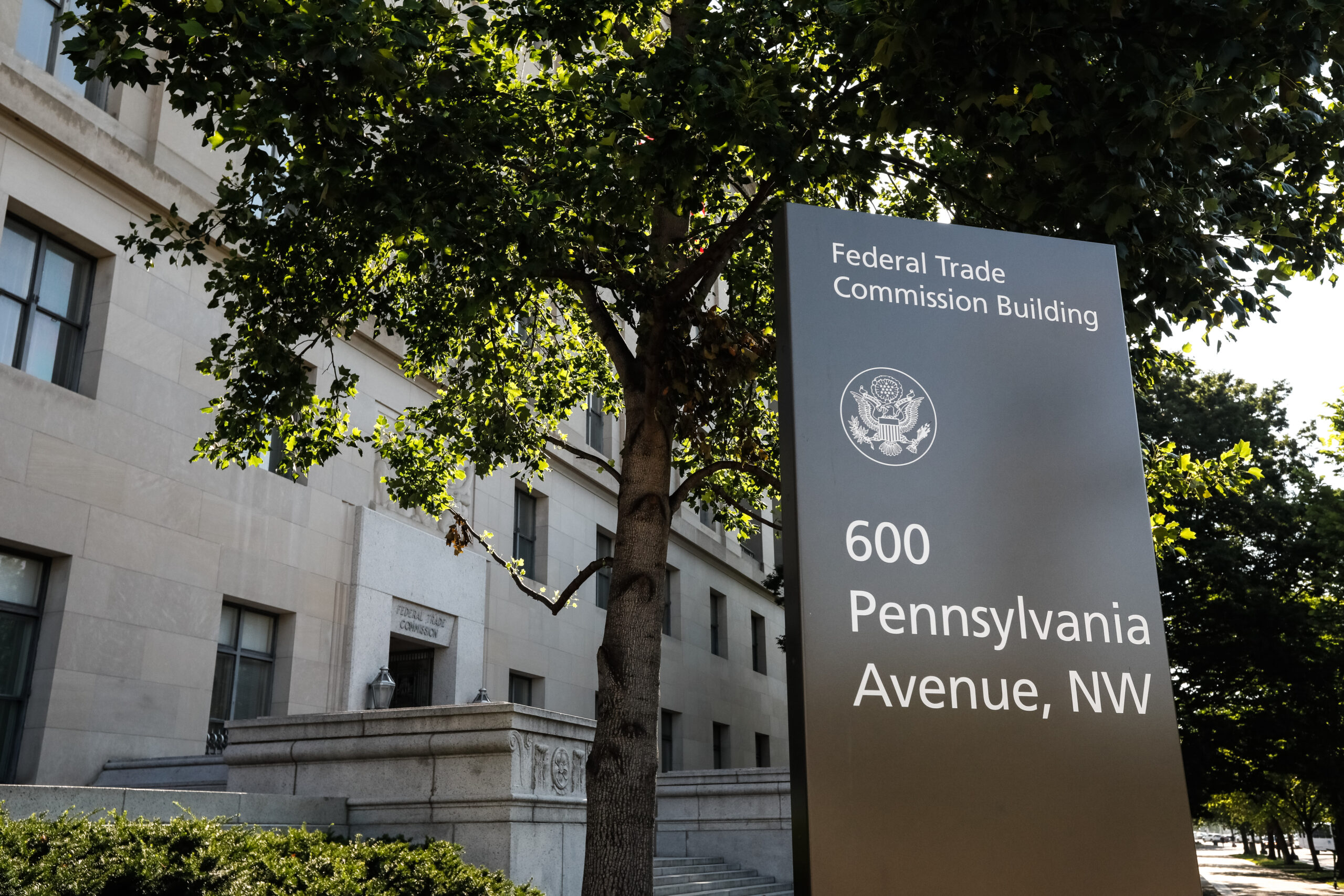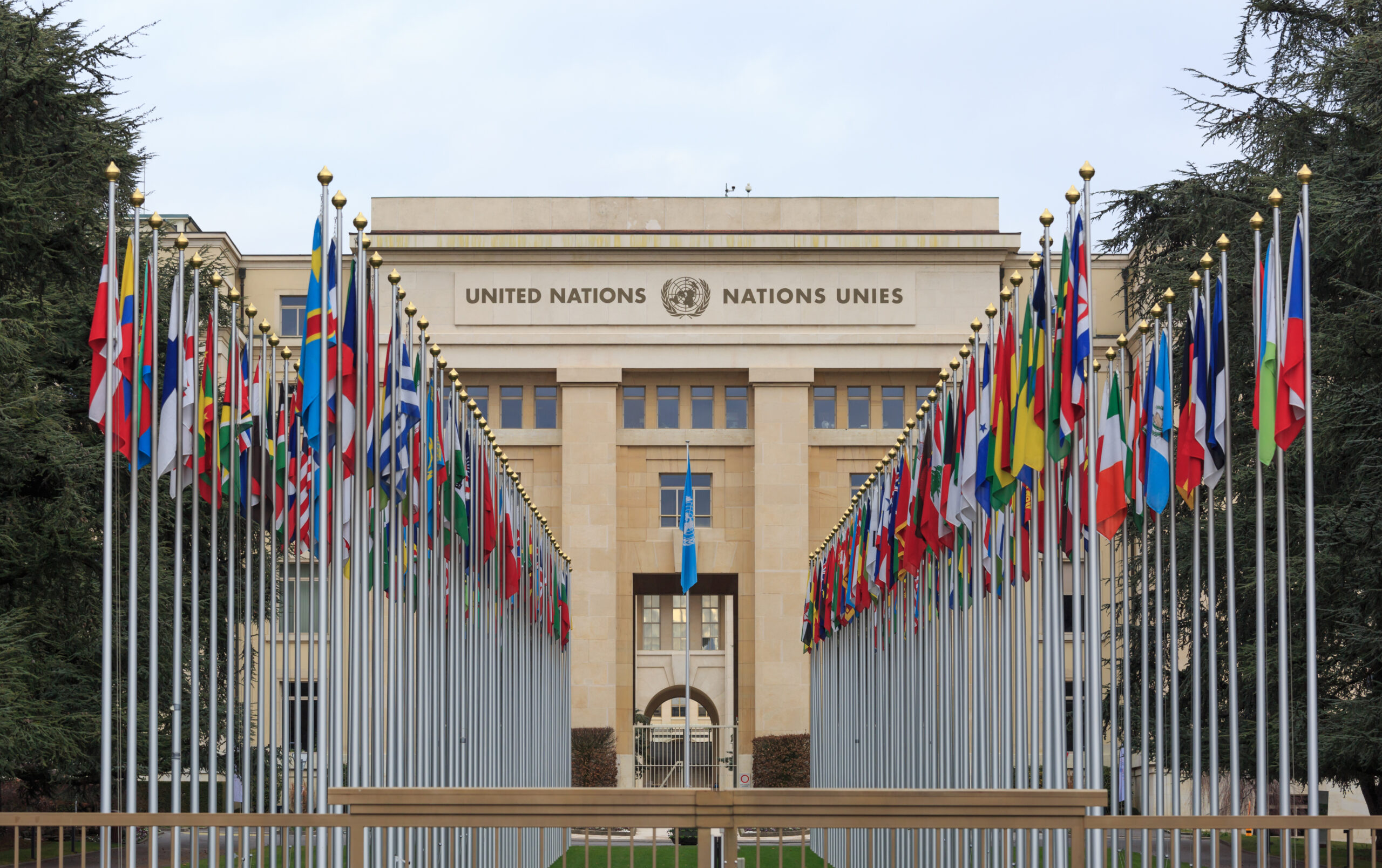Observations on Reddit’s Apology
On Monday, the website Reddit apologized for the actions of certain Reddit users, a large number of whom had speculated extensively about the identity of the Boston Marathon bombers on a user-created discussion thread on that site. Although this apology was applauded in some circles, it was a mistake — a mistake which may create unrealistic and undesirable expectations about the future of online communications.
By way of background, the days after the attacks saw Reddit and Twitter users engaged in amateur, crowd-sourced investigations, sharing photographs, notes, and speculation on numerous individuals photographed with bags who might be suspects. Suspicion fell upon on a local athlete. These speculative claims were subsequently repeated by the NY Post, which went so far as to falsely label two individuals “Bag Men,” republishing their photographs as front page news, an act which media watchers called “appalling.” Yet these claims were thereafter repeated by other traditional media outlets, until the allegations were ultimately refuted. Separately, Twitter speculation and Reddit comments were repeated by journalists, incorrectly naming a missing Brown University student as a suspect.
However inappropriate and unwise Reddit and Twitter users’ comments may have been, neither Reddit nor any other service should create the expectation that a service should have policed the speech of its users.
First, it is ineffective. Like many Internet forums, Reddit users generate an extraordinary amount of speech. Twitter’s word volume exceeds an encyclopedia in an hour. YouTube users alone upload more than an hour of video every second. Given the incomprehensible rate of communications online, sites and services cannot possibly hope to child-proof the Internet from the NY Post or irresponsible journalists.
Second, it is undesirable. The notion of business entities policing and sanitizing speech when it exceeds some subjective standard of “impropriety” is inimical to principles of free expression. The proper response to undesirable speech, Supreme Court Justice Brandeis famously wrote, is more speech, not enforced silence.
This is not to say that Internet speech is lawless. Industry best practices call for responding to abuse, such as violence and threats, and copyright infringement. And speakers themselves remain accountable. Defamation and libel law apply with equal measure to a speaker on the Internet, of course, yet we limit this liability when it comes to the communications and services themselves, that enable but do not engage in discourse. This limitation (47 U.S.C. 230), enacted in the 1996 Telecommunications Act, sought to ensure that speakers, not intermediaries, are held accountable for what they say. This may at times prevent injured plaintiffs from reaching into deeper pockets, but it serves the broader objective of free expression, by minimizing the risk that online services arbitrarily censor online speech to limit their potential liability.
Finally, to the extent apologies are due, they are also due from the traditional media outlets who elevated to national headlines the amateur speculation of individuals – the same established media outlets who are quick to point out (rightly) that social media is not equivalent to journalism, but who willingly published social media speculation as ‘news’ when it looked like a good scoop.








